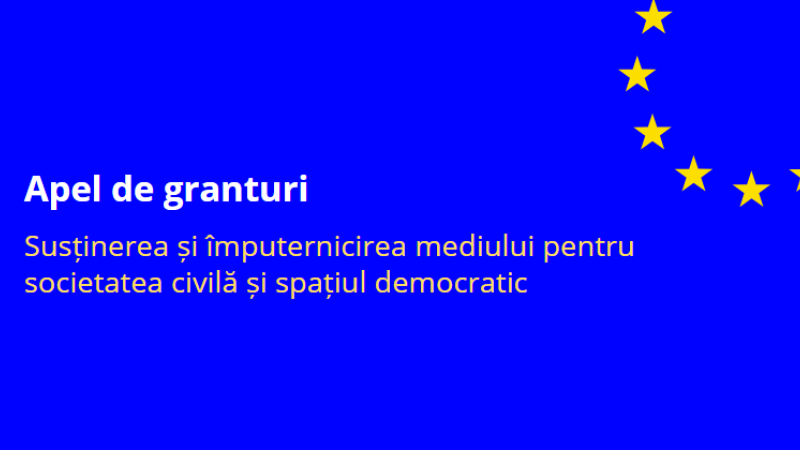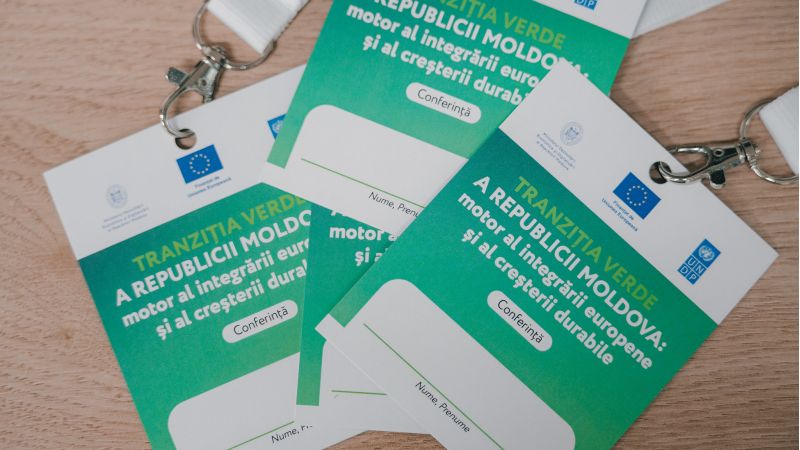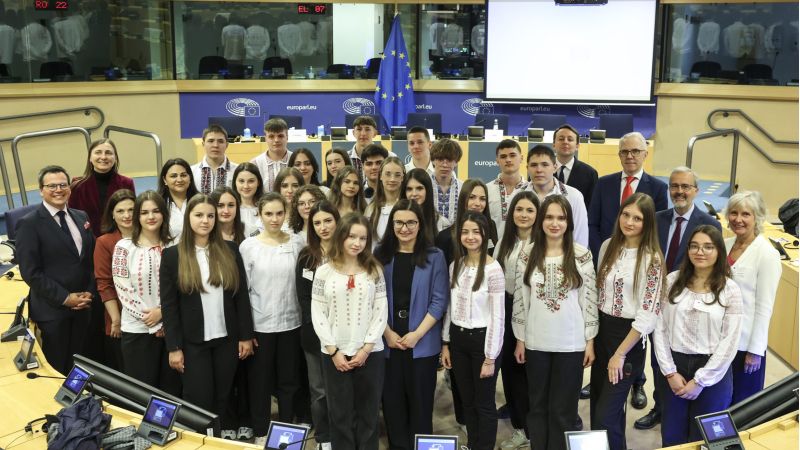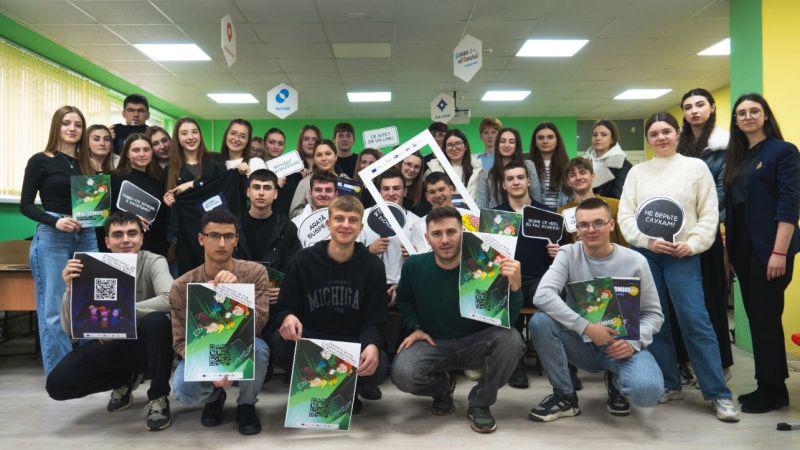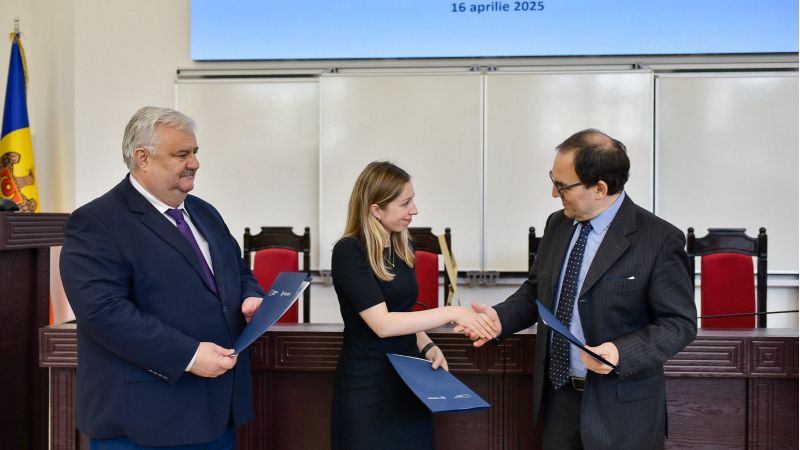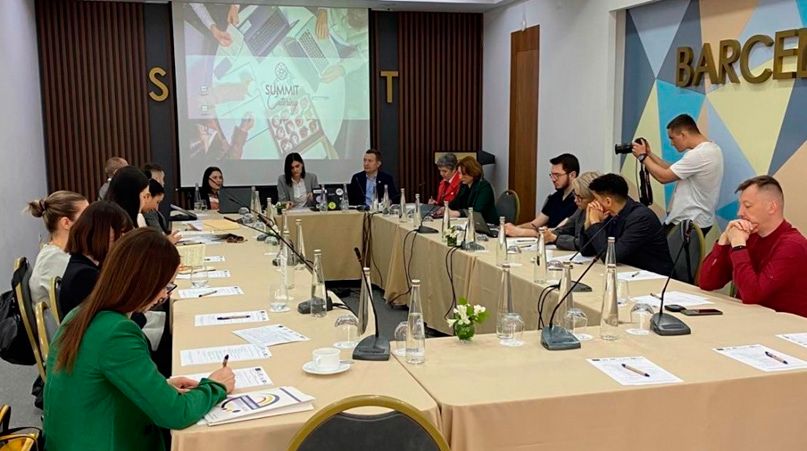
Stereotipurile de gen și discriminarea în domeniul publicităţii – abordate prin soluţii cu sprijinul UE
Publicitatea sexistă este o formă ascunsă de violență de gen. Ideea a fost împărtășită de participanții unui dialog public, organizat de Fundația Est-Europeană în colaborare cu Coaliția pentru Incluziune și Nediscriminare (CIN). Evenimentul se înscrie în cadrul Proiectului „Advocacy pentru o protecției mai bună împotriva discriminării” finanţat de Uniunea Europeană şi cofinanțat de Suedia.
Reprezentanții Coaliției pentru Incluziune și Nediscriminare spun că publicitatea sexistă este ofensatoare lezează demnitatea umană. „Mulți agenți economici și producători recurg în mod conștient la utilizarea publicității sexiste indiferent de consecințele care pot urma. Scopul evenimentului este de a facilita dialogul dintre societatea civilă, autorități și alți actori interesați de modernizarea cadrului legal pentru prevenirea și combaterea publicității sexiste. Sunt necesare măsuri urgente pentru a evita abuzul în utilizarea unor metode degradante și umilitoare, care ar putea afecta grav demnitatea și onoarea unei persoane, sau a unei categorii de persoane”,
a declarat Gheorghina Drumea, secretara Coaliției pentru Incluziune și Nediscriminare.
„Exploatarea corpului uman este o rușine și o umilință. Mi se pare inacceptabilă această abordare de marketing. Sunt sigur că există alte metode de a promova anumite bunuri și produse, fără a recurge la astfel de acțiuni rușinoase. Ar trebui să găsim instrumente necesare și să acționăm, pentru a stopa această tendință”,
subliniază Sorin Mereacre, președintele Fundației Est-Europene.
„Publicitatea sexistă face parte dintr-un sistem de fenomene discriminatorii, de aceea este foarte important să le abordăm sistemic. De curând, a fost aprobată o nouă lege a publicității, care presupune prevederi mai clare și mai ample cu privire la acest fenomen. Evident că, din acest moment, este necesar ca societatea civilă și instituțiile guvernamentale să acționeze consolidat”,
punctează Marcela Adam, membra comisiei parlamentare cultură, educație, cercetare, tineret, sport și mass-media.
Iar experta de gen, Elena Rățoi, este de părere că
„publicitatea sexistă perpetuează stereotipurile de gen, care afectează negativ atât femeile cât și bărbații, fiind nevoiți să corespundă unor standarde ireale”.
Cei prezenți la atelierul de discuții au evidențiat asupra lipsei unui mecanism eficient de prevenire și sancționare a publicității sexiste. Prezentul cadru legal nu prevede metode și măsuri de verificare a conținutului publicității precum. Iar procedura de sancționare a celor care au comandat publicitatea sexistă, au elaborat-o și au distribuit-o este una anevoioasă, implicând exagerat de mult timp și autorități.
S-a conchis că Republica Moldova are nevoie de o mai bună reglementare a publicității și a conținutului acesteia la nivel de stat, precum și a mecanismului de sancționare a celor care promovează mesajele sexiste în special acordarea unei singure autorități competente de a constata și sancționa publicitatea sexistă.
Ulterior, membrii CIN vor genera un proiect de modificare a cadrului legal și vor cere autorităților să își asume angajamente și să convină asupra unui termen clar pentru punerea în aplicare a recomandărilor.

